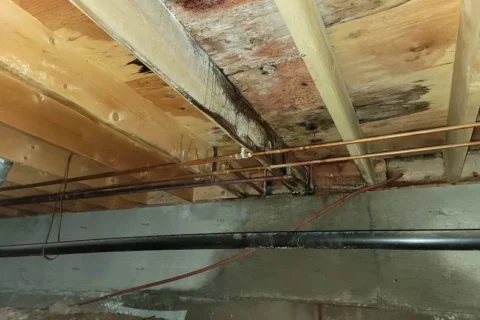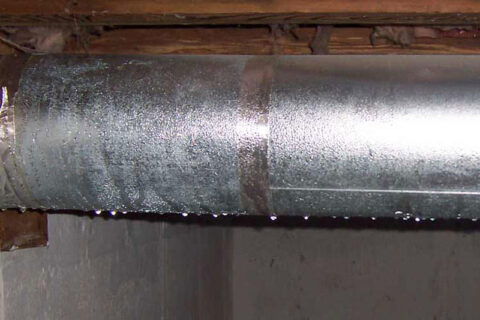Things You Need to Know About Basement Moisture Control
It is imperative that you know as much as possible about controlling moisture levels in your basement. Allowing those levels to go too high can mean potential health issues for everyone in your home. You also have to consider the structural damage that comes with excess moisture.
Most people are unaware of basement moisture and the problems it can cause. The key to understanding how to treat the problem is to be aware of how moisture builds up in the first place.
Common Basement Moisture Sources
Before you can take steps to correct your basement moisture problem, you need to locate the source. Moisture tends to come from one of three places, which are:
- Rainwater that has seeped into the ground around the basement
- Moisture that has accumulated in the home. This can come from moisture accumulation in the bathroom or kitchen, from an improperly vented clothes dryer, a humidifier, or even from the concrete used to create the basement foundation and structure.
- Humid air that seeps in from outside and condenses when it comes into contact with the cool surfaces in the basement.
Signs That Your Basement Has a Moisture Problem
These are not difficult to spot at all, and may include:
- Standing water on the basement floor
- Water running down the walls
- Humid or musty air throughout the space
- Mold and mildew growth. This may be in an area that is tough to see, but a damp, musty scent is a sure sign that it is happening
- Wall covering that becomes blistered or stained
- A dampness ring found at the bottom of concrete block walls
- Rotting wood in any of the headers, columns, and joists
- Damage to carpets or other materials stored in the basement
How to Control Basement Moisture
These simple tips should help you keep your moisture levels under control:
- Do all that you can to ventilate your basement space and prevent moisture buildup. This can be done by installing a ventilation fan, or opening up all the windows when you have mild weather conditions outside.
- Run a dehumidifier that will take all the excess moisture out of the air and prevent condensation from forming.
- All the pipes in your basement should be covered with insulating tape or foam sleeve insulation. Condensation cannot form on the pipes when you take this step.
- Check your roof and make sure that any rainwater that falls is routed away from your home’s foundation. Gutters should be kept clean and clear at all times, and downspouts should point away from the foundation and in the direction of a drain.
- Have any and all leaks fixed by a professional plumber
Ready to Get Started?
Contact Us Today to Schedule a No Pressure, No Obligation, Free Quote!


